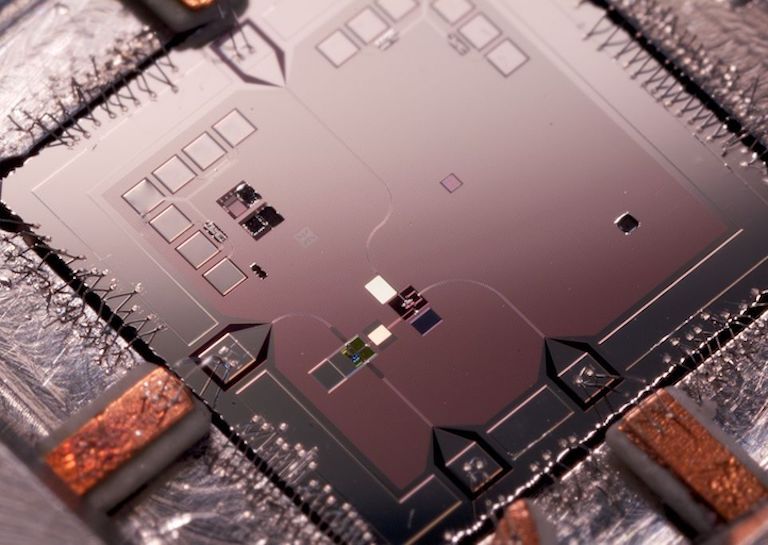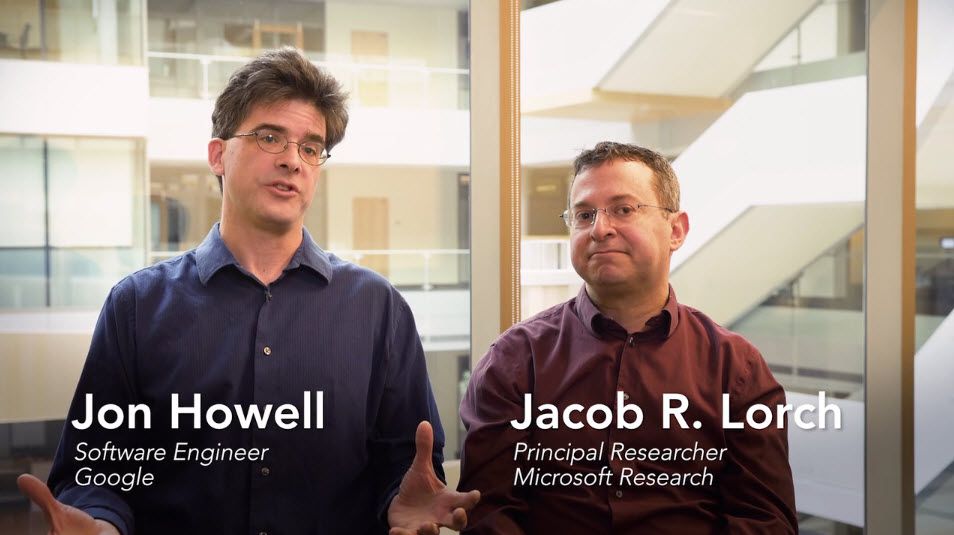The Department of Homeland Security and FBI issued a new warning on Wednesday that North Korean government hackers are continuing to target critical U.S. infrastructure for cyber attacks.
A technical report by DHS’ National Cyber Awareness System reveals details of the tools and cyber methods being used by North Korean government hackers.
The alert said the North Korean government is using the cyber tools to “target the media, aerospace, financial, and critical infrastructure sectors in the United States and globally.”









